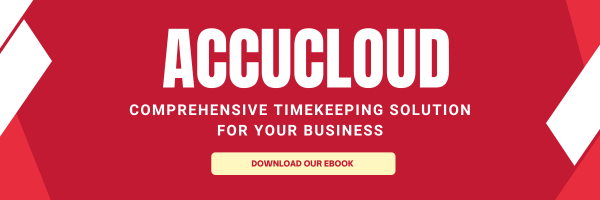1 min read

Related Posts
AccuCloud: Automated Time Clock Management
Deliver Greater Value to Your WFM Solution Customers
Since 1991, ATS has been designing and...
Accu-Time Announces New Android Cloud Based Time Clock
Accu-Time Systems is introducing our own Android integration platform that allows software...
ATS Employee Time Clocks Help Process Accurate Payroll
Customers want automated employee work hour collection to make payroll faster, cheaper, and more...
Biometric Usage: Growing concerns over the privacy and security of biometrics are driving government regulations surrounding the definition of personal data and how to protect it. These regulations vary from country to country, state-to-state, and in some cases city by city. Most often the governing regulations are dictated based on the location where the information is being collected. It is important to understand the local regulations in the geographic areas in which you operate. If you are uncertain regarding your regulatory obligations, we encourage you to consult with your legal counsel.


